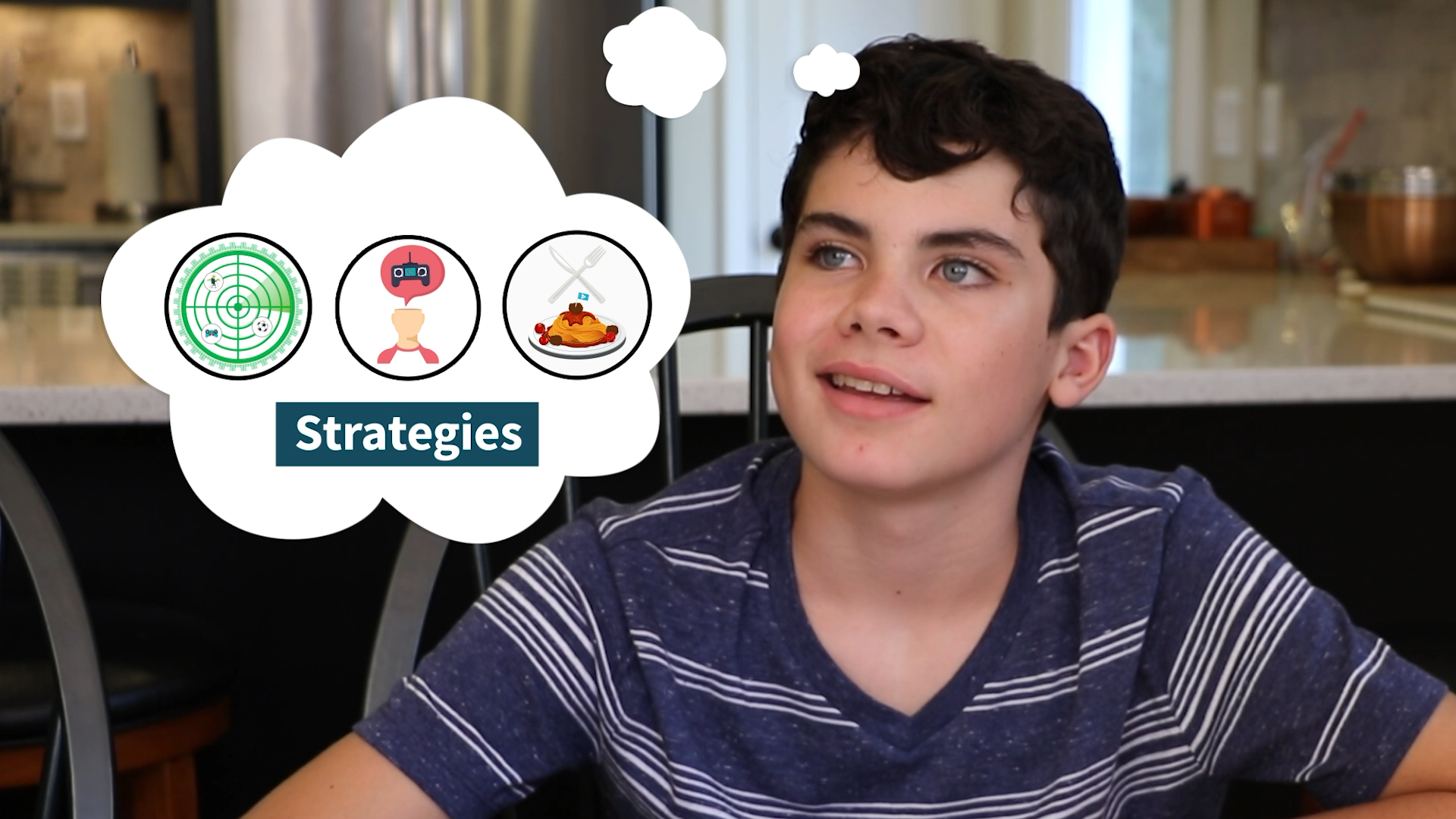
Introduction
Parties can be fun and exciting, but also overwhelming for elementary students. To make these events enjoyable for everyone, it’s important to teach children essential social skills such as Topic Radar, Restaurant Rules, and Self-Controller. This blog post will provide an overview of these skills, an easy-to-implement no-prep activity, discussion questions, and related skills to facilitate a well-rounded understanding of social-emotional learning principles.
No-Prep Activity: Topic Radar Match Game
This activity requires no preparation or materials from the educator. To play the Topic Radar Match Game, ask students to form pairs. Each pair will take turns sharing their interests and hobbies. The listener’s job is to pay attention to the speaker’s interests and remember them for their turn. After both students have shared their interests, they will take turns asking each other questions about the topics they mentioned. This game helps students practice their Topic Radar skills by actively listening and remembering topics that interest their peers, leading to more engaging and enjoyable conversations.
Discussion Questions
- Why is it essential to use our Topic Radar when talking to others at a party? How can it make conversations more enjoyable for everyone involved?
- What are some examples of Restaurant Rules that we should follow when eating a meal with others? Why are these rules important?
- How can using our Self-Controller help us manage our emotions at a party? What are some strategies we can use to stay calm and enjoy the event?
Related Skills
Teaching students the skills of Topic Radar, Restaurant Rules, and Self-Controller helps them navigate social situations with greater ease. In addition to these skills, consider exploring the following related skills to further enhance their social-emotional learning:
- Active Listening: Encourage students to practice attentive listening, which includes making eye contact, nodding, and asking follow-up questions.
- Empathy: Help students understand and share the feelings of others, fostering stronger connections and more meaningful interactions.
- Assertiveness: Teach students how to express their thoughts and feelings respectfully while standing up for themselves and others.
Next Steps
Now that you have an understanding of these essential party skills and a no-prep activity to practice them, consider exploring more social-emotional learning resources. Sign up for free samples of these skills and others at Everyday Speech. These materials will help you continue to build a strong foundation of social skills for your students, ensuring they thrive in various social situations.

